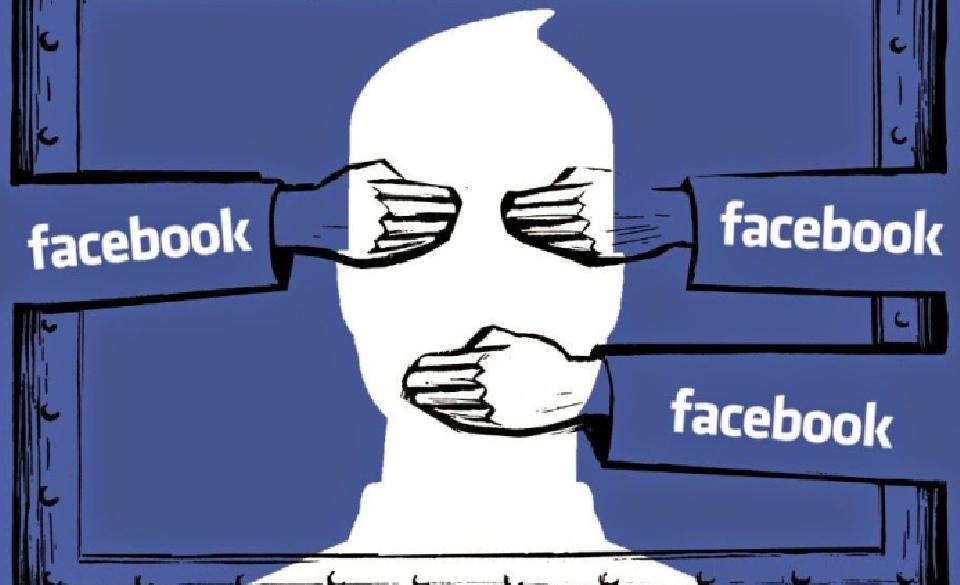Ron DeSantis, the Republican governor of Florida, has signed a law that will be the first in the United States to allow residents of the southern state to file a lawsuit against the social platforms of large technology companies, if they censor or block them, the American press reported. The governor announced the decision Monday at Florida International University in the company of previously banned influencers, senators and many free speech advocates.
We will be the first state to hold accountable the big tech companies that wield power that is truly unprecedented in American history, DeSantis said. He added that if tech censors use discriminatory rules to favor the dominant ideology of Silicon Valley, they will now be held accountable.
For example, the new law, which will take effect on July 1st, provides that courts can award up to $100,000 in damages to an individual if a social media platform censors or blocks a user's content, or disables a user's account, or if the censorship and blocking are not apply in the manner specified by law.
As an example, DeSantis cited the removal of countless people from social media platforms who previously discussed in their posts that the coronavirus could have originated from a laboratory in the Chinese city of Wuhan. He also touched on the fact that Donald Trump has been banned from Twitter, while Ali Khamenei , the supreme leader of Iran, still has a Twitter account.
We could even cheer about the above if we didn't know that this is a terribly difficult matter. As long as a private individual sues a platform and, in the best case, the court decision is reached only after months (which, of course, is immediately appealed), it will be difficult to prove how much financial damage the plaintiff suffered if one of his posts or even his account was blocked for a week or even a month.
Of course, it is no wonder that the Union would also like to find a common solution, but even the Poles are not getting anywhere with the law promised for now. In January, the newspapers wrote that a Hungarian draft law on this topic would be submitted to the National Assembly "in the spring", but this has - presumably - not yet been completed.
Of course, a country - calculated in Hungarian money - can hit any tech company with fines of up to billions, but this must also be thoroughly justified and if an out-of-court settlement is available, the state coffers can benefit from it, but individual censored and blocked users would no longer benefit from it.
The "Australian way" could also be followed, where they decided that - due to another matter - they would not spend a single Australian dollar on Facebook for the continent's communications and advertisements related to COVID. However, we are too small a country for this to "hurt" any policy-making tech giant.
So we are once again at the point where only the Union could act with adequate force in this case.
If only the "global manager" would let him.
Following the













